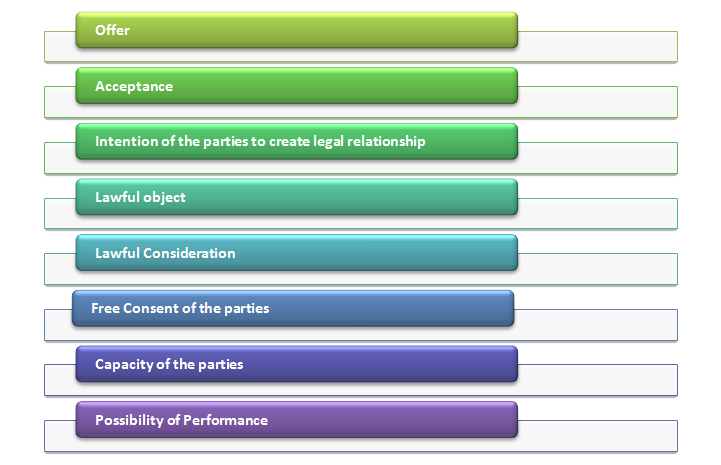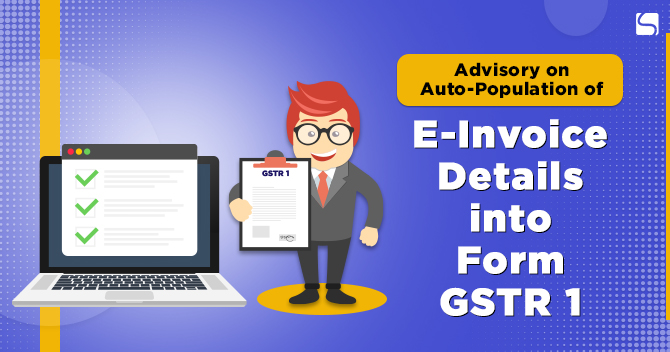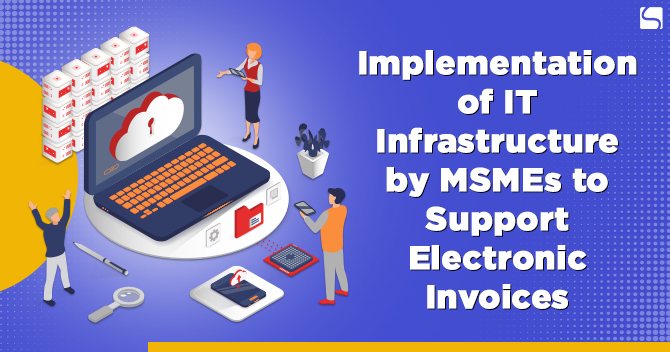Is Electronic Contract Valid in India?

Swarit Advisors | Updated: Feb 22, 2019 | Category: News
In India, nowadays there is a rapid growth of technology and the internet. People are using the internet for various purposes including for commercial transactions and for business purposes. However, in order to facilitate the smooth going of business (within India and overseas )and to save the time of involved parties contracts over the internet took a vital role. Additionally, due to the continuous growth of e-commerce industries and online transactions, people are making online contracts. This type of online Contract is generally known as electronic contract and same is valid in India.
Before we learn about E-contract, it is necessary to know what is a contract?
A contract is an agreement that recognizes and governs the rights and obligations of the parties to the agreement. In simple word, the contract means an agreement made between two or more parties to do something as agreed between them.
In this blog, we will help you to know more about E contract.
Table of Contents
What is Electronic Contract ?
E-contract means a contract which is executed between two or more parties through the internet and through any electronic means like email or any specified computer programme. This type of contract is created and signed by parties electronically. However, it is not a paper-based contract like the general contract. Here, the contract takes place through an electronic and digital mode of communication (Internet, mobile phones, email, etc). Any people can make e-contract with other persons without meeting in actual or face-to-face.
Who can be the parties of E-contract?
To make an E-contract, there is the necessity of only two parties such as:
1) Originator
2) Addressee
Originator
Under the provisions of the Information and Technology Act, 2000, an originator is defined as a person who creates, sends an electronic message to any other person but does not include an intermediary/third party.
Addressee
As per the Information and Technology Act, 2000, an addressee is a person who receives the electronic message sent by the Originator but does not include any intermediary.
Types of E-contract in India
In India, there are 3 types of E-contract such as:
1) Click-wrap agreement
2) Shrink-wrap agreement
3) Browse-wrap/Web-wrap contracts
Click-wrap agreement
Under the Click-wrap agreement, a user or party of the contract requires to give his/her consent pertaining to terms and conditions of the contract. In this agreement, a party needs to choose the option of “Accept or decline”.
Shrink-wrap agreement
This type of agreement is known as the licensing agreement. This is applicable to software products. After the user downloads it, he or she becomes eligible to read the agreements. Installation of software from a CD into your PC and computers system is an example of Shrink-wrap agreement.
Browse-wrap/Web-wrap contract
On the matter of usage of the website, this agreement intends to bind the parties of the e-contract. It includes user policies as well as terms of service of the website.
What are the essential elements of E-contract
Like a paper-based contract, an e-contract contains some elements. If you are interested to make and execute the E-contact, then you should award those elements of E-contract. The following are the essential elements of E-contract:

Offer
Offer is one of the most essential elements of E-contract. Without any offer, a contract cannot be made. So, for an online contract the originator has to make an offer before the Addressee. It is the starting point of this contact.
Acceptance
For a valid e-contract, after the proposal of the offer, an addressee needs to accept the offer. An addressee must click on the option “I agree/I accept”.
The intention of the parties to create a legal relationship
The parties must have an intention to create a legal relationship because without such intention there will be no valid contract.
Lawful object
The object of a contract must be lawful. When a contract is made for a lawful object and lawful purpose, then only the contract will be considered as a valid contract. E-contract made for selling illegal substance through online is no more a valid contract. ( For example, FlipKart cannot sell opium, cannabis, etc).
Lawful Consideration
An E-contract must be supported by lawful consideration. Consideration means something is promised to give in return. Without lawful consideration, there will be no valid contract. (For example, an online site offers a package of Manali. In return, you require to choose available package mentioned in the site having a certain cost. Cost is nothing but the consideration)
Free Consent of the parties
For a valid contract, parties must freely give their consent. In the case of an electronic contract, parties just give their free consent by clicking prescribed options. (For example – I accept, I decline etc.)
The capacity of the parties
To make a contract, parties must be capable to enter into the contract. It is necessary for the Parties to attain the age of majority and they must be of sound mind.
Possibility of Performance
The parties of an electronic contract should perform their part. In case parties failed to perform their part, then the contract will be void.
How you can execute an E-contract?
There is no proper format to execute an E-contract. However, The Indian Contract,1872 regulates all the terms and conditions of the electronic contract. To execute this contract you need to follow guidelines and requirements as discussed below:
1) You have to make an offer.
2) The addressee needs to accept the offer.
3) Parties must give their free consent.
4) Parties are also capable to perform their part.
5) There must be lawful consideration.
6) Email, internet, and fax are the means that you can use to execute the contract.
Note – All above these will be expressed in electronic form.
The validity of E-Contracts in India
Keeping into consideration the continuous growth of e-commerce industries and online transactions various Acts treat the electronic contract as valid in the eyes of law such as :
- Indian Evidence Act
- Indian Contract Act
- Information Technology Act.
Indian Evidence Act
Section 85A, 85B, 88A, 90A, 85C of the Indian Evidence Act are dealing with the presumption to electronic records. Section 65B says about the admissibility of the electronic record. It is clear that as per the Indian Evidence Act, the electronic contract is valid in India.
Indian Contract Act
As stated above in this blog, Indian Contract Act governs the normal contract as well as electronic contract. For the execution of a valid electronic contract, you have to satisfy all the essential requirements as prescribed under the Indian Contract Act. In an electronic contract, data messages are used for purpose of communication between parties. Lawful consideration and declaration of Will and other necessary points those required for a valid contract are recorded in the data messages. So, only on point of data messages, we cannot conclude that electronic contract is invalid under the Indian Contract Act.
Information Technology Ac
An electronic contract is completely valid under Information Technology Act. Section 4 of the Information Technology Act says that any document which contains the information either in written form or in electronic form is valid under the law. Section 10A was introduced in the Information Technology Amendment Act, 2008. As per Section 10A, if an electronic contract expressed the necessary criteria of a valid contract, then same will consider as valid under the law.
Latest Judgement on the admissibility of E-contracts in Courts
In a number of Judgments, it was already decided that electronic contract is in Courts. One of the latest judgment is discussed below.
Supreme Court in State Of Punjab & Ors. vs. M/S. Amritsar Beverages Ltd. & Ors held that “Section 63 of the Evidence Act was amended to include admissibility of computer outputs in the media, paper, or magnetic form. Section 73A prescribes procedures for verification of digital signatures. Sections 85A and 85B says about presumption as regards to electronic contracts, electronic records, digital signature certificates and electronic messages.”
Conclusion
An electronic contract is beneficial for every consumer who uses the internet. (For example, the person who shops over the internet, books online tickets, holiday packages, etc). For the execution of electronic contact, it is not necessary for anyone to meet the other party. In comparison to normal contract, an electronic contract consumes less time of the customer as well as concerned parties of the electronic contract. However one should be very diligent while framing the terms and condition of the e-contract as it is exposed to numerous risk over the internet like fraud, phishing etc. Hence it is highly recommended to get your E-contracts drafted from a legal expert having domain knowledge of your business and related rule of law.
If you have any doubt with regard to E-contract, then kindly contact us.














